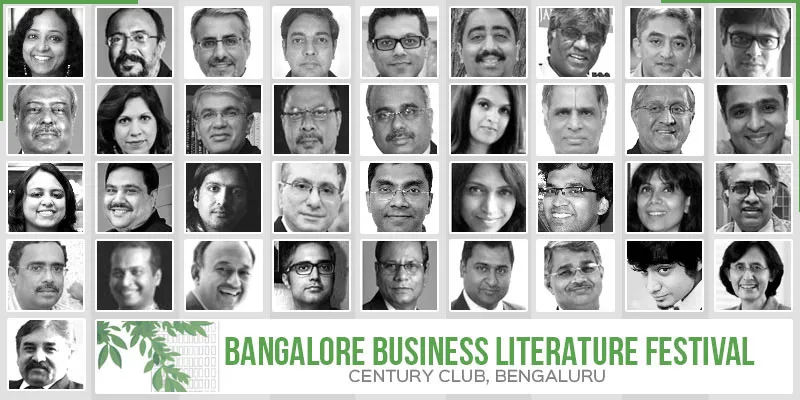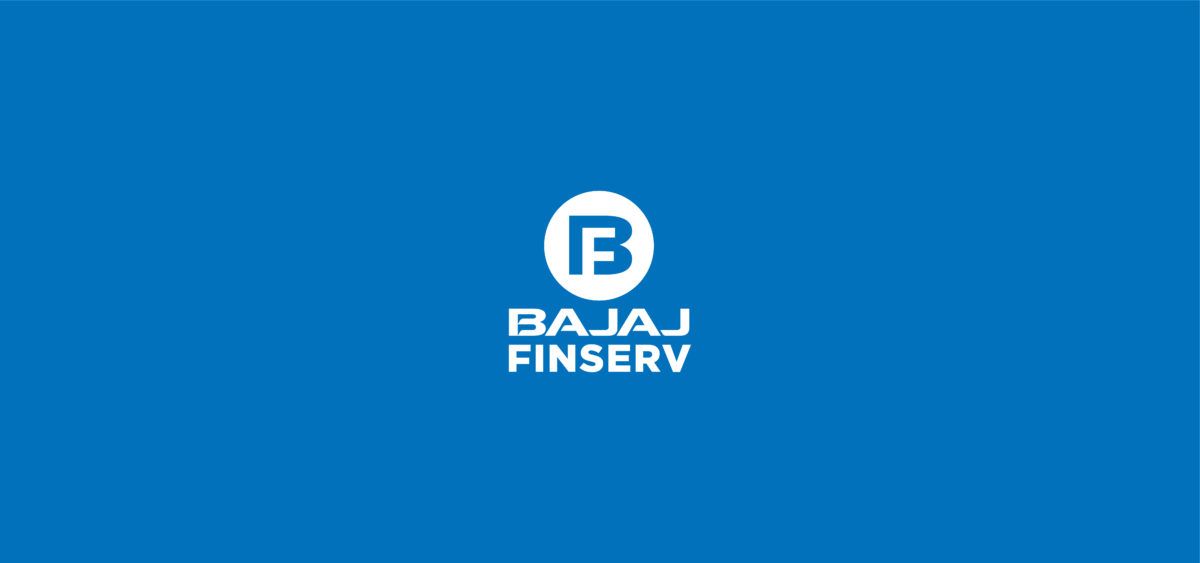The corporate and startup boom is a great story for India and the whole world: Business LitFest 2015
The global rise of corporate India and the local startup boom have spurred a wave of business writing, as highlighted by the Bangalore Business Literature Festival (BBLF) coming up on October 31. Authors from India, NRIs, and international experts have weighed in on India’s growing brand power and entrepreneurial acumen. Their books span how-to guides, collections of stories, case studies, business tips, impact studies, and trend overviews.

Image credit "ShutterStock"
See for example my reviews of the books ‘Arise, Awake’ (Rashmi Bansal), ‘Dream with your Eyes Wide Open’ (Ronnie Screwvala), ‘Young Turks’ (Shereen Bhan and Syna Dehnugara), ‘Recasting India’ (Hindol Sengupta), ‘A Never-Before World’ (Rama Bijapurkar), ‘Frugal Innovation’ (Navi Radjou and Jaideep Prabhu), ‘8 Steps to Innovation’ (Vinay Dabholkar and Rishikesha Krishnan), ‘Indian Innovators’ (Akshat Agrawal), ‘Inventive Indians’ (Rita and Umesh Anand), ‘Geek Nation’ (Angela Saini), ‘Cellphone Nation’ (Robin Jeffrey and Assa Doron), ‘The Entrepreneurial Instinct’ (Monica Mehta), ‘Global Tilt’ (Ram Charan), ‘Brand Breakout’ (Nirmalya Kumar and Jan-Benedict Steenkamp), ‘The Elephant Catchers’ (Subroto Bagchi), and ‘Bhaag’ (Ganesh V.).
Business authors have been featured in a range of literature festivals across this country – in fact, it was the presence of business speakers at the Jaipur Literature Festival that inspired author and publisher Benedict Paramanand to launch the Bangalore Business LitFest. Bangalore’s rise as the startup, IT, and BPO hub of India also made it the perfect choice as a launchpad for BBLF.
The India business story is being followed not just within the country but around the world as well, and the business publishing industry has its best years ahead. The digital media boom and youth wave are spurring the market for readers and aspiring writers, as explained in this article by the authors at the festival.
See also my earlier articles on authors at BBLF ('The startup revolution offers enormous opportunity to tell stories') and ‘Technology democratises entrepreneurship’ – 20 quotes from the Times LitFest 2015.’
A world of opportunity
“The biggest opportunity for business writers and publishers in India is the fact that India is the flavor of the decade ahead. This is really India's business era. The business of India is being keenly watched not only by the insider, but the outsider as well,” says Harish Bijoor, brand expert and business strategist.
This is also about Indian business and thinking processes, he adds, pointing to the frameworks and case studies of Jugaad and frugal innovation. “Business writers in India will have the world reading them for a change. In the old days, if you published in India, you remained in India. Not anymore,” he explains, drawing on his own experience. Some publishers are now talking of deals for a ‘simultaneous-publish’ across four different continents, and Bijoor has inked one such agreement himself.
Taking business stories from India to a global audience is a great opportunity for writers, says Rashmi Bansal, author of seven bestsellers on entrepreneurship including ‘Stay Hungry Stay Foolish’,‘Connect the Dots,’ ‘I Have a Dream’, ‘Poor Little Rich Slum’ and ‘Follow Every Rainbow.’
India has a large youth audience looking for role models, and there are many stories to be told about the Indian way of doing business, she adds. Bansal is an entrepreneur and founder of Bloody Good Book, a platform to discover and e-publish new authors.
"India’s publishing industry (estimated at circa Rs 5,000+ crores) is still in a nascent stage, and business books and journals publishing are at an even more nascent stage as most of the business literature that we depended upon was primarily by writers and publishers from abroad," says Sivadas Raghav, Director and Global Head for content services at RSI. His chemical trading portal eChem was acquired by Sify, KPO firm Scope e-Knowledge Centre was sold to Quattro, and his latest venture is the InnoAccel open innovation platform.
The Indian growth story can leapfrog India into a major global player in the next decade - this means that there will be a lot more Indian experiences, opinions and cases recorded as books and journal articles in the coming years, says Raghav. “I personally estimate that the growth in Indian business publishing will exceed 25 per cent year on year at least for the next 10 years,” he predicts. Indian professionals’ proficiency in English, self-publishing and digital platforms are other driving factors.
“Ever since the Indian economy opened up, we have good business and corporate case studies pertaining to the Indian market and Indian companies. No longer do we have to depend only on case studies from the US and European companies,” says Dev Prasad, a senior IT professional whose diverse range of books includes ‘Pitch It,’ ‘The Curse of Surya,’ and ‘KRISHNA: A Journey Through the Lands and Legends of Krishna.’
Digital media enable not just publishing opportunities but sales and transaction pathways to global audiences. “Social media like Facebook, LinkedIn and Twitter have become prime channels for publicity and communication,” Prasad says.
The youthful profile of India's population is good news for publishers, and a key opportunity. “It's a huge pool of potential readers for business books as they enter and grow in the workforce,” says Ajitha G.S., senior commissioning editor, HarperCollins Publishers India.
“India also has a uniquely original style of management, and success stories that prove the efficacy of it. We hope to be able to tell these stories and take them to rest of the world,” says Ajitha. India has a wealth of people with rich business experience, and publishers can tap into teaming them with the right editors to tell their stories and put their wisdom in words.

Mindsets and careers
A number of potholes and speed bumps may still hinder the growth of Indian business writing. “The main challenge that an Indian writer faces is the mindset of an average Indian reader that if you want a good business book then you should pick up a foreign author,” observes Prasad. Thankfully, this is changing, though slowly.
The genre of business writing India also needs to evolve beyond ‘Do it right’ and ‘How to’ books. “Serious business literature is just now being penned. And it is this that needs to be watched and tracked. It is important for the successful and savvy business people of the day in our country to realise that they have a duty to perform. This duty is to write,” urges Bijoor.
Business writing in India is still not very remunerative, except for the very few and known authors. “So this necessarily cannot be a mainstream activity but rather an image building or supplementary exercise for most authors,” observes Raghav. Digital books could also be a challenge to print-centric publishers.
Publishers are exploring all sorts of media to get ahead: digital platforms, innovative marketing online and offline, bite-sized e-books, or indeed selling via apps and phones, says Ajitha.
Awards and leadership
To strengthen the quality and rise of business literature in India, the business community should institutionalise a ‘Business Book of the Year’ awards process, suggest Rakesh Godhwani, author of the books ‘Plunge,’ ‘Finding Your True Calling,’ and ‘What to Say and When to Shut Up.’ This can be done through platforms like BBLF to create a healthy ecosystem of business writers and publishers of India.
Indian publishers should become more savvy when it comes to marketing and distribution, and not be afraid of ‘digital cannibalistion,’ advises Raghav. Sustained publicity via book launches, social media and reading sessions will also help, says Prasad.
Another opportunity lies in the massive public sector enterprises in India, says Ajitha. “The biggest challenge would be to publish books that do justice to the potential of Indian business itself,” she observes; this calls for proper analysis and alignment between readers, writers and markets.
More credible books need to be produced which hold the attention of readers. “These books should also be accepted into business schools which generally treat only 'case studies' as study material,” adds Bansal.
“Write good business literature that will enshrine the best for the best,” advises Bijoor. "There is a book in N.R. Narayana Murthy that is not yet written. There is one in K.V. Kamath, Kiran Mazumdar Shaw, Mohandas Pai and Ratan Tata. All these need to come out. We are waiting,” he says.
To get first-hand insights from these business thought leaders and bestselling authors, be sure to attend the inaugural Bangalore Business Literature Festival next month!











